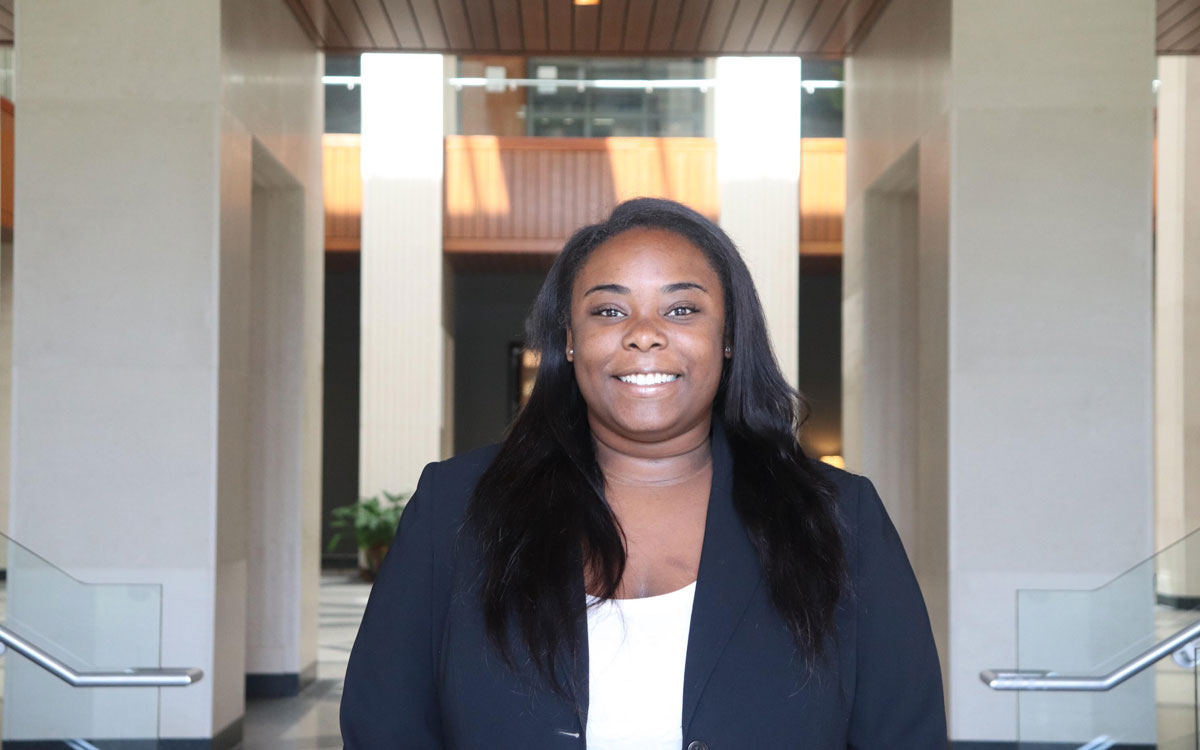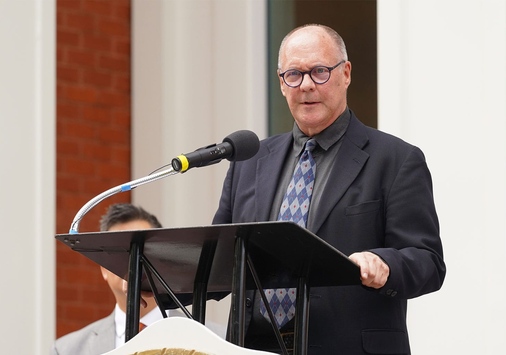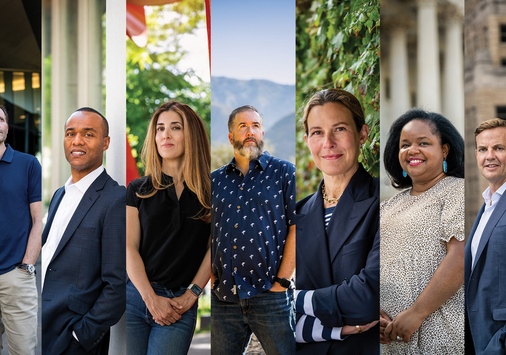
Educational Studies and English (writing) major Breonna Grant ’18, has been making waves at the University of Mississippi School of Law.
Breonna is a second-year student at the University of Mississippi School of Law. She was just recognized by the National Layer Guild as a Haywood Burns Fellow. Grant also recently published “Common Cause v. Lewis: Partisan Gerrymandering Claim Held a Justiciable Controversy under North Carolina Constitution,” in State & Local Law News 43, no. 2 (Winter 2020): 7-8. The article is co-authored with Benjamin E. Griffith, Adjunct Professor, University of Mississippi School of Law.
Grant also serves as Vice President of The Public Interest Law Foundation, Parliamentarian of BLSA, and Pro Bono Initiative Student Coordinator at the university.
About the Haywood Burns Fellowship:
The Haywood Burns Fellowship sponsors law students and legal workers to spend the summer working for public interest organizations across the country in order to build their legal skills, strengthen their long-term commitment to social justice, and provide much-needed legal support to under-served communities. This initial exposure to progressive lawyering is often the single most significant event that influences a person’s decision to become a people’s lawyer.
From the article:
“Partisan gerrymandering is the intentional manipulation of district boundaries to discriminate against a group of voters on the basis of their political views. In this sense, it is the act of creating restrictive barriers that negatively affect a district’s voting agency. The divisive nature of partisan gerrymandering strategically segments electoral districts to favor the specific political interest of a particular party, and it can thus be used to effectively dilute the voting strength of an opposing party. Such practices, often accompanied by packing and cracking of districts, can and do result in electoral districts that resemble winding snakes rather than compact political subdivisions. Ultimately, these splice-and-dice divisions can adulterate minority party voting strength while undermining democracy.”














